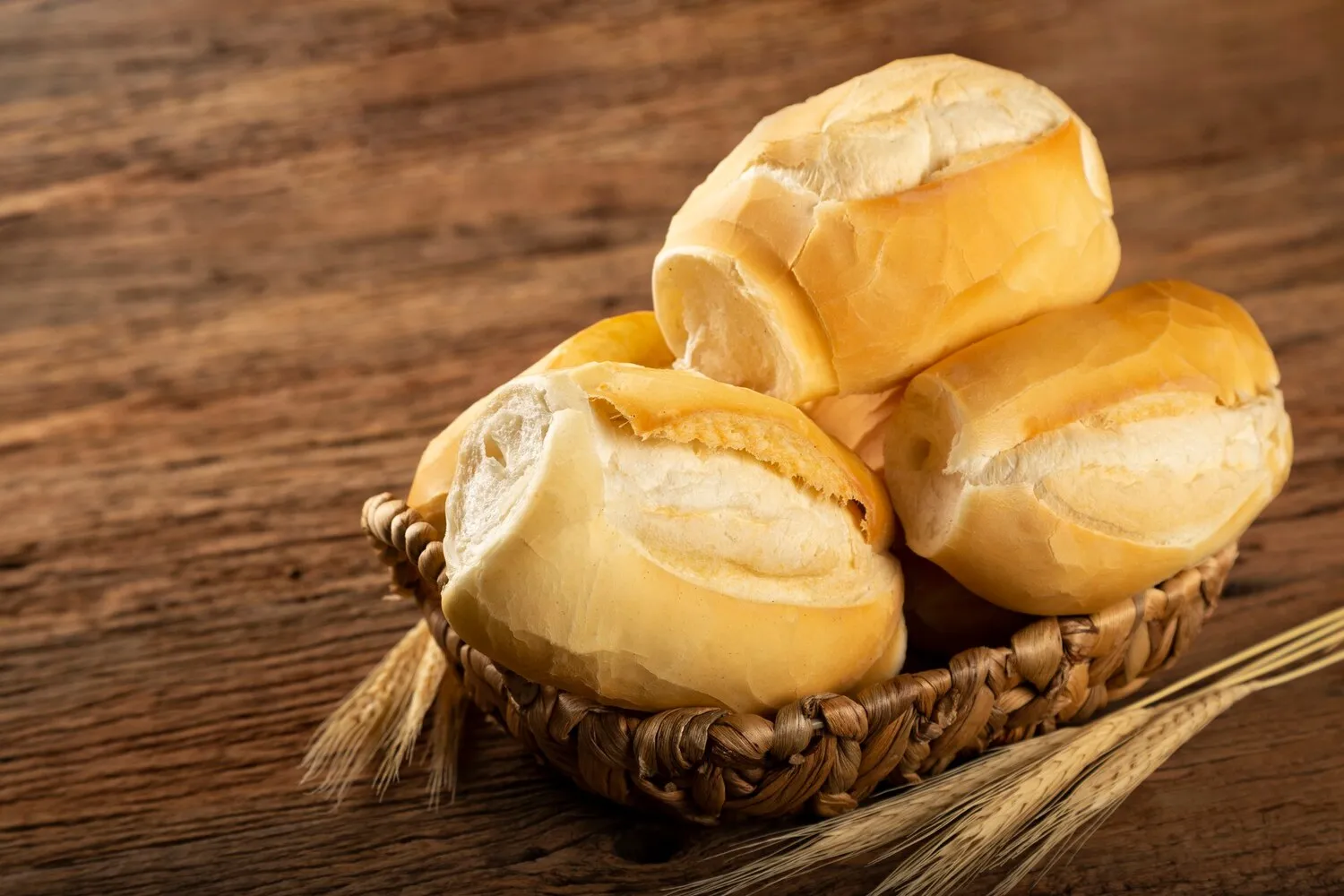
Pães Artesanais
Artisanal breads - A variety of handcrafted breads are offered.
Nutrition Facts
* The % Daily Value (DV) tells you how much a nutrient in a serving of food contributes to a daily diet. 2,000 calories a day is used for general nutrition advice.
Empório Canãa - Padaria Fina
Breadmaking in Portugal has ancient roots, influenced by the Romans and Moors, who introduced different grains and techniques. Over centuries, regional variations developed, utilizing local ingredients and traditional methods passed down through generations. The concept of artisanal bread emphasizes these time-honored processes and the quality of ingredients.
Artisanal bread holds significant cultural importance in Portugal, representing tradition, community, and the slow food movement. It is often central to meals and celebrations.
Community Baking
In some regions, communal ovens were traditionally used, fostering a sense of community as families baked their bread together.
Sunday Lunch
Freshly baked artisanal bread is a staple on Sunday lunch tables, served alongside family meals.
Symbol of Hospitality
Offering bread is a sign of hospitality and welcome in Portuguese culture. Sharing bread is an important social activity.
Pães Artesanais showcase a diverse range of flavors, from subtle nutty notes to tangy sourdough profiles. Ingredients like rye, wheat, corn, and olives contribute distinct tastes and textures.
The flavor profile depends heavily on the type of flour used (e.g., rye brings an earthy, slightly sour taste, while wheat offers a milder, sweeter flavor). Sourdough starters contribute a tangy, complex acidity. Additions like olives introduce a briny, savory element, and herbs provide aromatic notes. The crust typically has a robust, slightly caramelized flavor developed during the baking process, contrasting with the softer crumb inside. The freshness of the flour is also key to the flavors.
Flour Quality
Use high-quality, unbleached flour for the best flavor and texture. Look for locally sourced flour whenever possible.
Sourdough Starter
Maintain a healthy and active sourdough starter for a naturally leavened bread with complex flavors. Experiment with different hydration levels and feeding schedules.
Hydration
High hydration doughs (70-80% water content) yield loaves with an open crumb and a crispy crust. Handle the dough gently to avoid degassing.
Proofing Time
Proper proofing is crucial. Under-proofed dough will result in a dense loaf, while over-proofed dough will collapse. Observe the dough carefully and adjust proofing time based on temperature and humidity.
Baking Temperature
Bake at a high temperature (230-250°C) to create a good crust and oven spring. Use a Dutch oven or baking stone to trap steam and promote crust formation.
Explore additional Bakery Item dishes and restaurants
Explore Bakery ItemDiscover top dining spots and culinary experiences in Diadema.
Explore DiademaLearn more about the food culture, restaurant scene, and culinary heritage of Brazil.
Explore Brazil